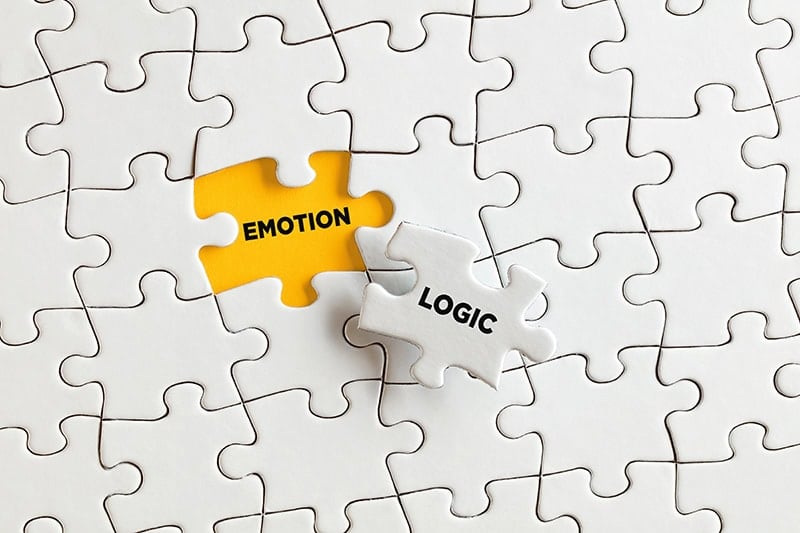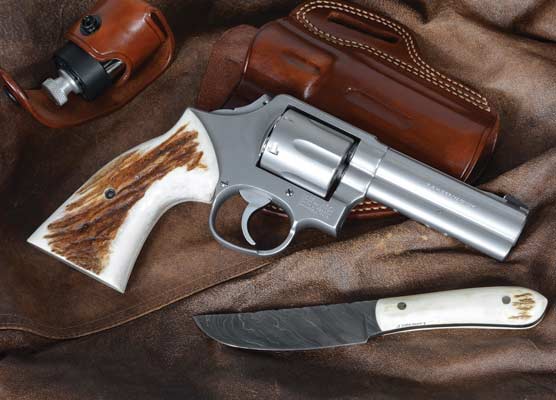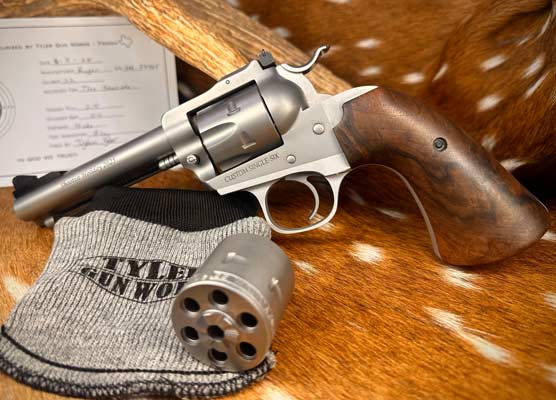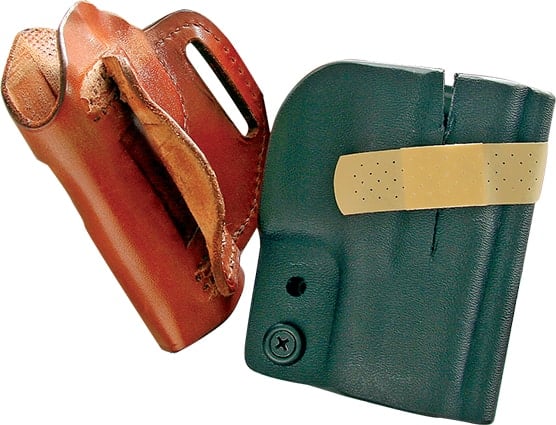Always Cheat, Always Win
Logic
Consider using logic when you read this. I want you to think about it and apply it; coldly and with no small amount of critical thinking. One of the definitions of logic is, “a sensible, rational thought and argument rather than ideas that are influenced by emotion or whim.” So, it seems emotion, knee-jerk over-reaction or fashionable whim do not enter into the picture.
For example, lets apply logic to “relative stopping power.” I might say, in my experience, caliber “A” is more effective than caliber “B.” Some may argue this fact based on their results with gelatin blocks. I would feel compelled to point out that — applying logic — I wouldn’t base my decision based solely upon that data since, as far as I can recall, a gelatin block has never attacked me. I have seen some large gelatin blocks but, in fact, they did not look very vicious. Besides, when regarding the ones I’ve seen, I believe I could outrun them in a pinch.
However, I should assume that “B” caliber proponents could be correct, at least in their own mind’s eye. Of course, if they choose to carry “B” caliber, it would be okay with me because the only real issue involved is their own life span, not mine. Which, of course, is the most important thing they are betting when they select and carry caliber “B” pistol. Only their life.
Something to ponder, for example, is if our troops in Afghanistan were using caliber “B” — it might be a good idea to ask them what they thought about the effectiveness of it. We should be interested in their answers since it is based on application and not theory. Logic would dictate we listen and apply what we learn.
Always Cheat Always Win
The concept of time, in regards to conflict, is always an interesting one. I can say, without reservation, after having been in the firearms teaching business for decades — I have never, nor has anyone I have ever talked with who has seen combat or a personal conflict, seen a stopwatch in a fight. This stopwatch is, in actuality, an analogy in regards to whether or not I, we or you are fast enough on the drawing stroke to “outdraw” an opponent. I do, in fact, understand the concept of not being slower than necessary. As the gunfighter said, “Hurry up, but take your time.” Of course, if I had known there was going to be a fight, I would have had my handgun out to start with. Logical? You bet. As I am fond of saying, “Always cheat, always win.”
Applying logic, if I knew there was going to be a fight, I wouldn’t be attending it with a handgun — if I attended it at all. Unless there was a compelling reason, I’m afraid I’d tell them to “include me out.” The best example of good training is never having to use it and seasoned fighters — people who have been there — go to extreme lengths to avoid a conflict.
Shoot Well — Not Fast
One more point while on the issue of time. I recently had a student here who, while attending another shooting school, shot himself through the leg. Not being one to pry I simply privately wondered at the specifics involved. However, perhaps anxious to share his adventures, the student volunteered the details of his own free will. “We were drawing and holstering fast and I missed the holster, then grabbed at the pistol and shot myself.”
Applying logic, I believe that injuries defeat the purpose of training so maybe you should only go quick enough to solve your problem. Nay-sayers could bombard me with “Well, if I don’t shoot fast, I can get killed.” Then you could shoot fast — and miss — and get killed anyway. We are all going to die eventually, so why don’t we shoot fast enough to hit the target. The target, by the way, will have a lawyer, as will any bystanders who may be struck by really fast, but errant, projectiles.
So, baring conflicting examples, logic dictates: Shoot a caliber you are willing to bet your life on and shoot well — not fast.

Get More Personal Defense Tips!
Sign up for the Personal Defense newsletter here:






